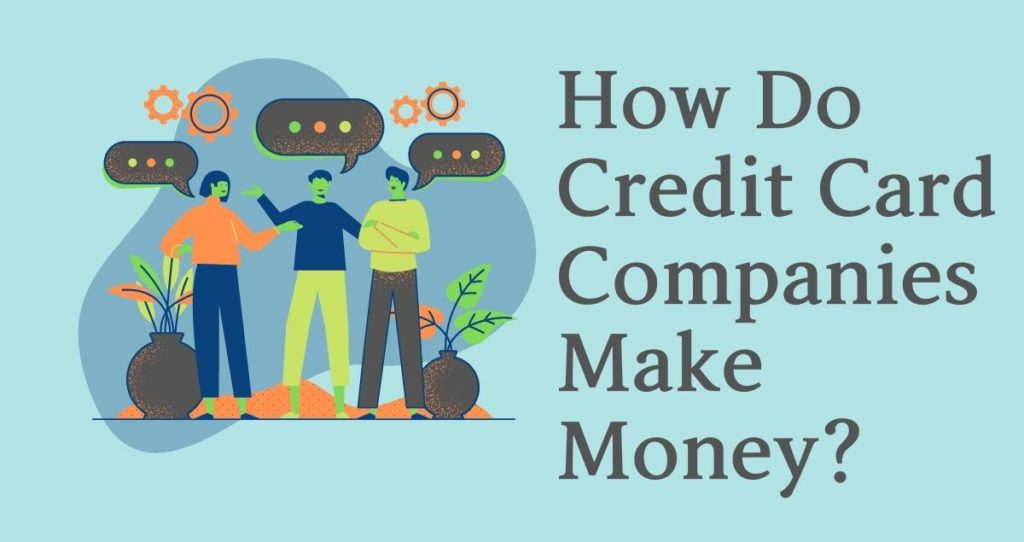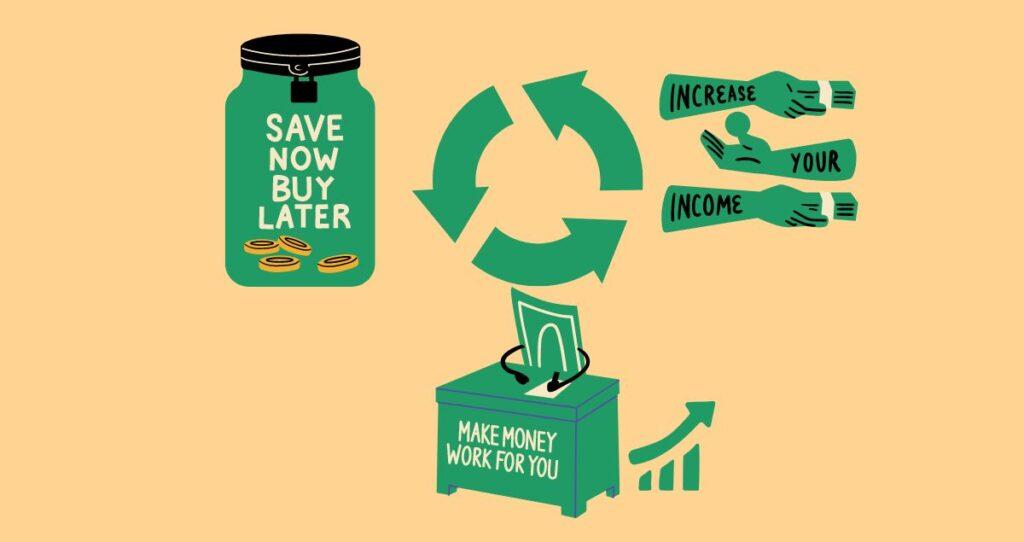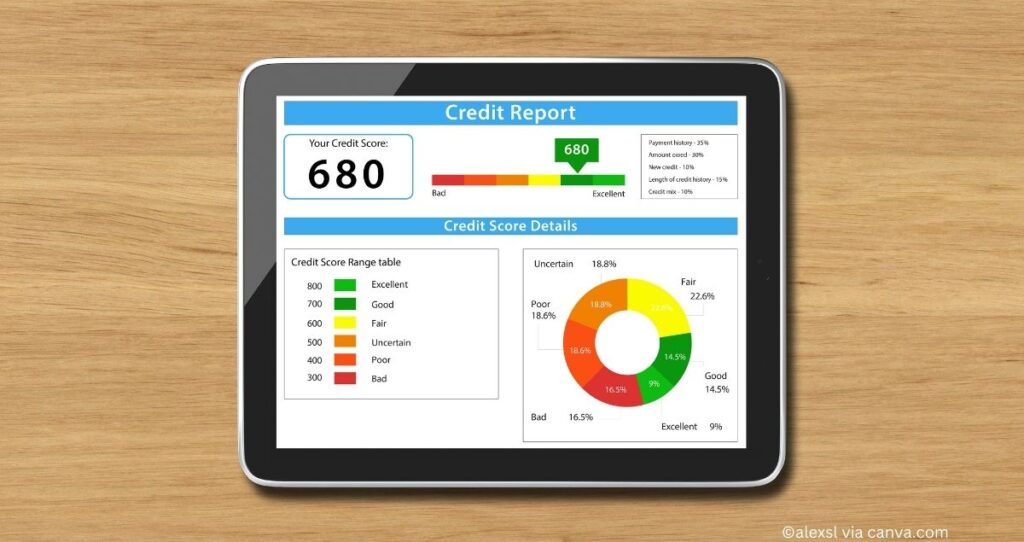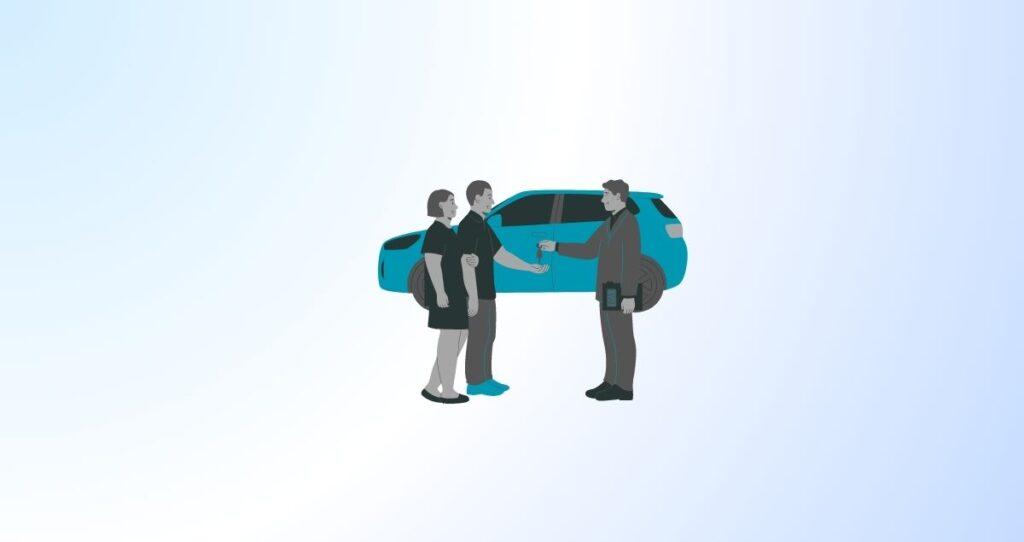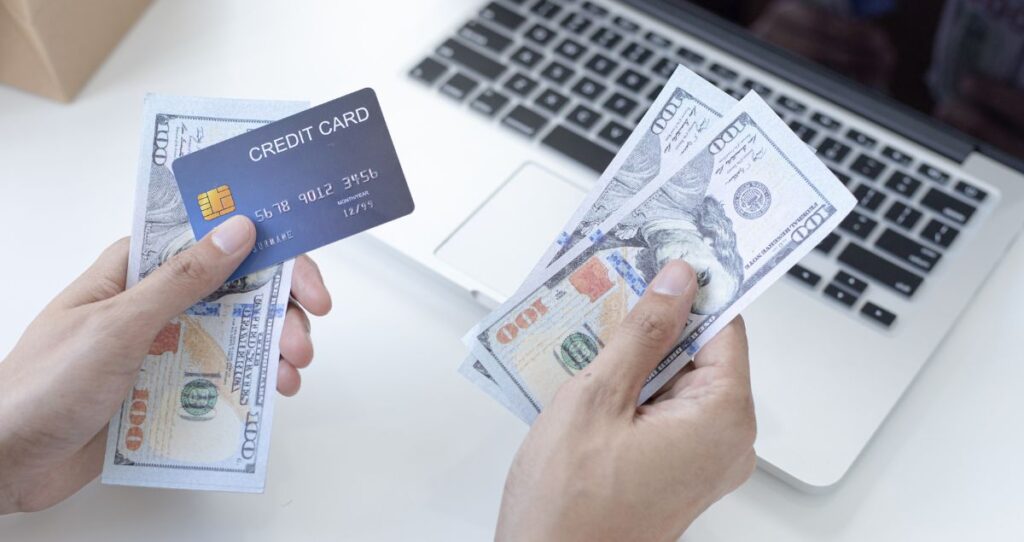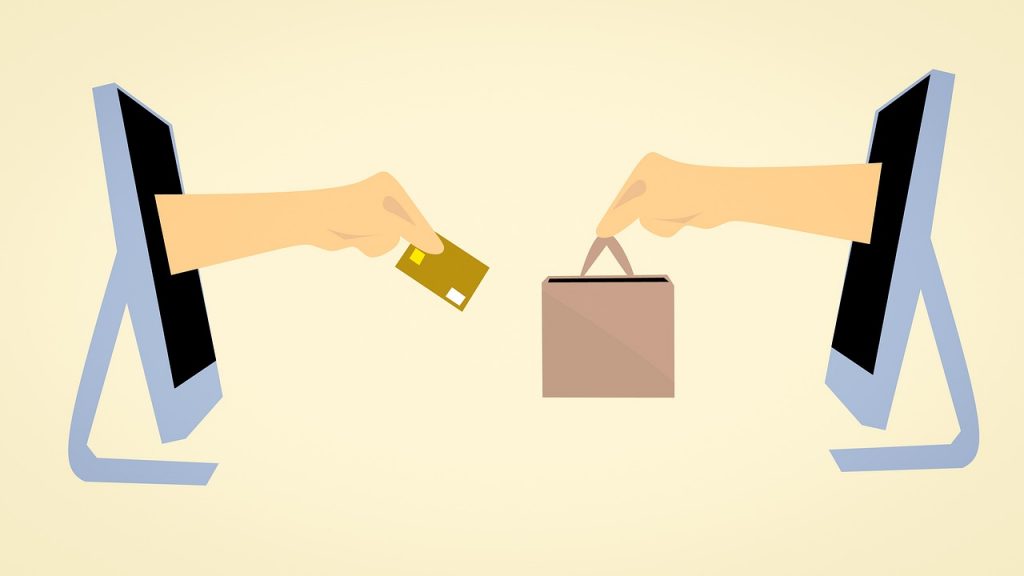How do credit card companies make money? Have you wondered how credit companies make money? Every time you use a credit card, someone makes money.
There are many hands involved in credit card transactions and each one of them benefits whenever a credit card transaction occurs.
To complete billions of credit card transactions safely and fairly, transaction processing companies go to work. These networks companies handle all credit card transactions and make sure that the money moves from your credit card issuer to your merchant as intended.
In addition, transaction processing firms let your card issuer know that it is you who made the transaction so that you can be charged.
This incredible service is one piece of the puzzle that makes lending through credit cards becomes a reality. As a result, someone pays for this service.
Some of the credit card processing companies include but not limited to Master Card, American Express, Discover, and Visa. They make money from transaction processing fees paid by merchants.
Your credit card issuer will make money too. You probably saw a charge in your credit card account when you failed to pay your balance at the end of the month. This money went straight to your credit card provider.
In this article, you are going to learn how credit card companies make money.
How do credit card companies make money?
The following are ways credit card companies make money.
- Charges from merchants a.k.a interchanges: Merchants pay a processing fee whenever you pay using a credit card. This fee is a percentage of the total transaction amount and can vary based on the amount involved in the transaction.
- Annual Percentage Rate(APR): An APR is an interest you will pay on your credit card balance expressed in percentages. This rate is also used on other forms of loans such as car loans and mortgages. According to WalletHub, the average credit card APR is 17.89% for new accounts and 14.52% for existing accounts. This is a huge charge going straight to your credit card provider. So, make sure that you pay off all your balance before the due date every month to avoid interest charges.
- Late fees: If you have been using your credit cards, there will be a minimum amount you need to pay every month. This payment must be met in order to keep your account clean. If you fail to make this payment on time, you will end up paying late fees. Failing to make your payments on time can also hurt your credit report and credit score.
>>LEARN MORE: Everything that hurts your credit score
- The balance transfer fees: If you have a big debt on a credit card with a high APR; you can transfer it to another credit card with a low APR. This process is called the balance transfer. You can transfer this debt to a brand new card with 0% intro APR or an existing credit card. If you decide to go with a brand new credit card; the card issuer will cover the balance you transferred and apply that same balance on your new card. As a result, you will pay off your outstanding balance easily and faster due to a lower APR. This sweet deal comes at a cost. You will pay a fee that is between 3-5% of the total transferred balance.
>>LEARN MORE: What Is The Balance Transfer And How Does It Work?
- Cash Advance Interest and fee: Did you know that you can withdraw money from your credit card? Yes, most credit card companies let you get cash from your credit card. This process is known as a cash advance. You can get cash advance from an ATM, retail store, inside the bank, etc. You will pay a huge penalty for this service. According to Creditcards, the average interest on a cash advance is 23.68%. You will also pay a fee of 5% of the total amount you withdrew or $10 depending on the one that is bigger.
>>LEARN MORE: Can You Withdraw Money From A Credit Card?
How to avoid credit card charges?
Although credit card companies have designed clever ways to make money from you, you can minimize the amount they take.
Paying off your balances on time, avoiding balance transfers and cash advances will be one way to avoid paying interest on your credit cards.
You can also set your calendar to remind you when your minimum payment’s due date is to avoid late fee.
